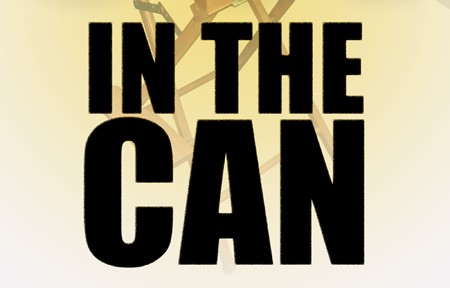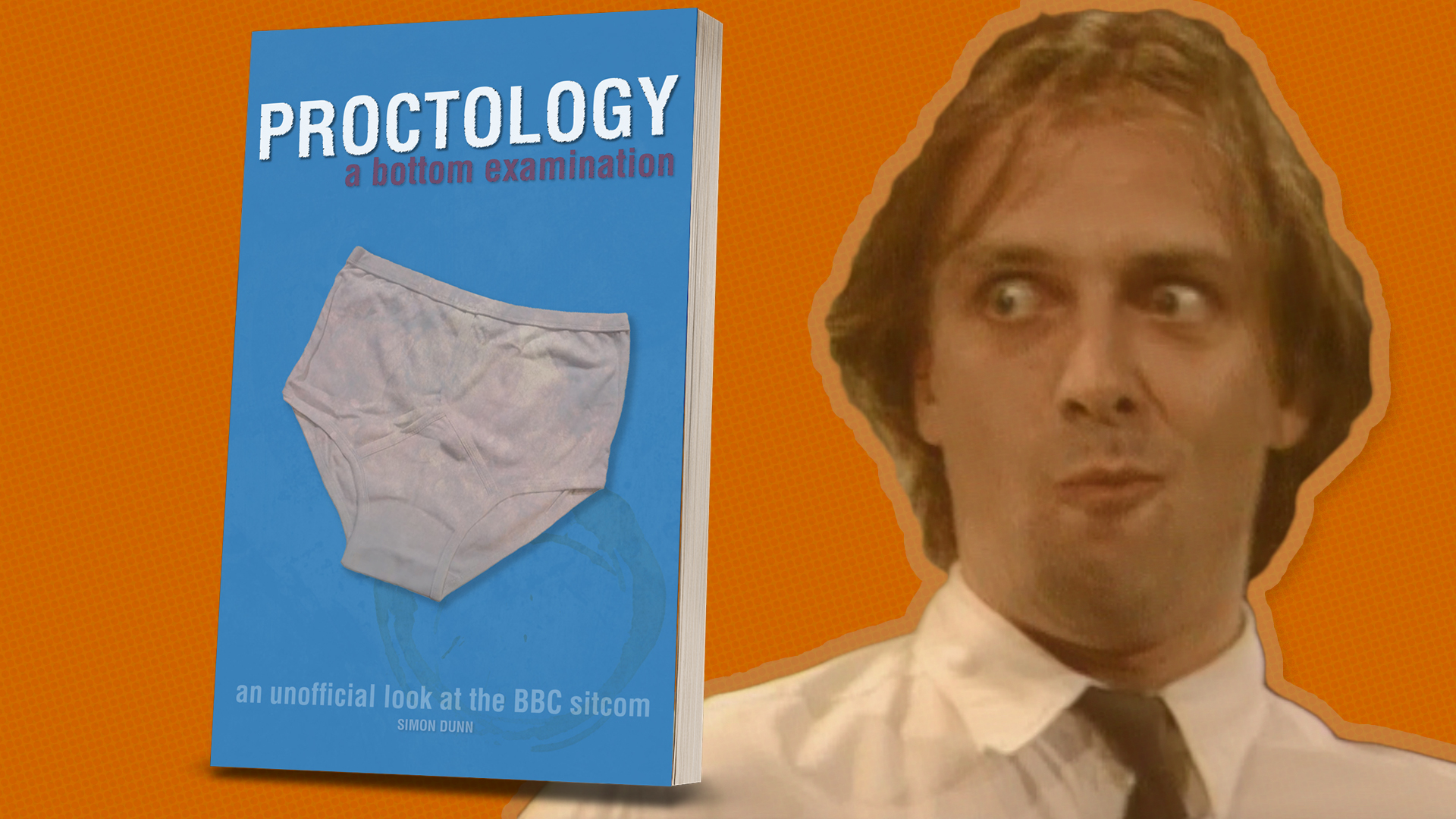When I embarked on writing In The Can, my latest novel, it began much like any other project; fun and engaging. But it soon turned into a hard slog, felt like a chore, and became a real bane, right up until the moment I finished the first draft. In fact, it was the least fun I’ve ever had writing something.

Real life kept getting in the way, though that wasn’t the issue really, just a good excuse to ignore the real problems.
So, here’s what I learned over the past few months.
Deadlines Are Your Friend
Even if you set yourself an arbitrary completion date, even if it’s a spec project, set that deadline and stick to it. Don’t let anything prevent you from doing so. My original plan was to finish at the end of December 2012, but I let other matters get in the way, and come the New Year, I wasn’t even half way done.
The problem compounded itself when I failed to set a new deadline, and it was only when I finally gave myself a firm finishing date that I knuckled down, worked through the difficulties and got to the end.
Set A Work Schedule And Keep To It
I do this often, especially when script writing, but for some reason this time round, I didn’t for the longest time. I didn’t settle down at the same time every day and do my allocated word count. I didn’t get enough done each day, and I didn’t force myself to turn off the Internet and focus.
But these are all just symptoms of the real problem.
No Matter How Much Planning You Do, It’s Never Enough
I put together a chapter by chapter breakdown, as always, and it had the effect of making me want to start writing. But I wasn’t disciplined enough to wait, to do more planning, to confront every problem at this stage and solve it.
So, when I got to say Chapter Eleven, I realised I only had a scant idea of what needed to happen at this point of the story.
I found that while I had my overall plot structure mapped out, I didn’t spend enough time on breaking the chapters down. Some chapter plans had no conflict, which is the death of story. Some didn’t seem to have a point, some didn’t drive the plot forward.
And instead of fixing this, I ploughed on, hitting the same wall with each new chapter. I came to resent each new writing day, which is so unlike me. It was only when I took that step back and returned to the planning stage, mapping out each chapter properly, that I got back into the swing of things.
But by then, the damage was done. I had lost confidence in the story, I didn’t like my characters; they just reminded me of the slog.
I’ve never felt that way about something I’m writing before, and it was unpleasant and counter-productive.
As a consequence, I have no idea how successful or otherwise In The Can is. I can’t appraise it with a clear head; I just remember the resentment and the hard work. I remember rubbing my eyes and temples, growling at the keyboard, each paragraph another wall to knock through. It might even be alright, but I suspect not.
Luckily, that’s not for me to decide. It’s done now. I can take what I’ve learned and remember the best way that I work, and hopefully I’ll have more fun with the next project. This one is a script.
In The Can is out in paperback and for the Kindle, available from your local Amazon store.













